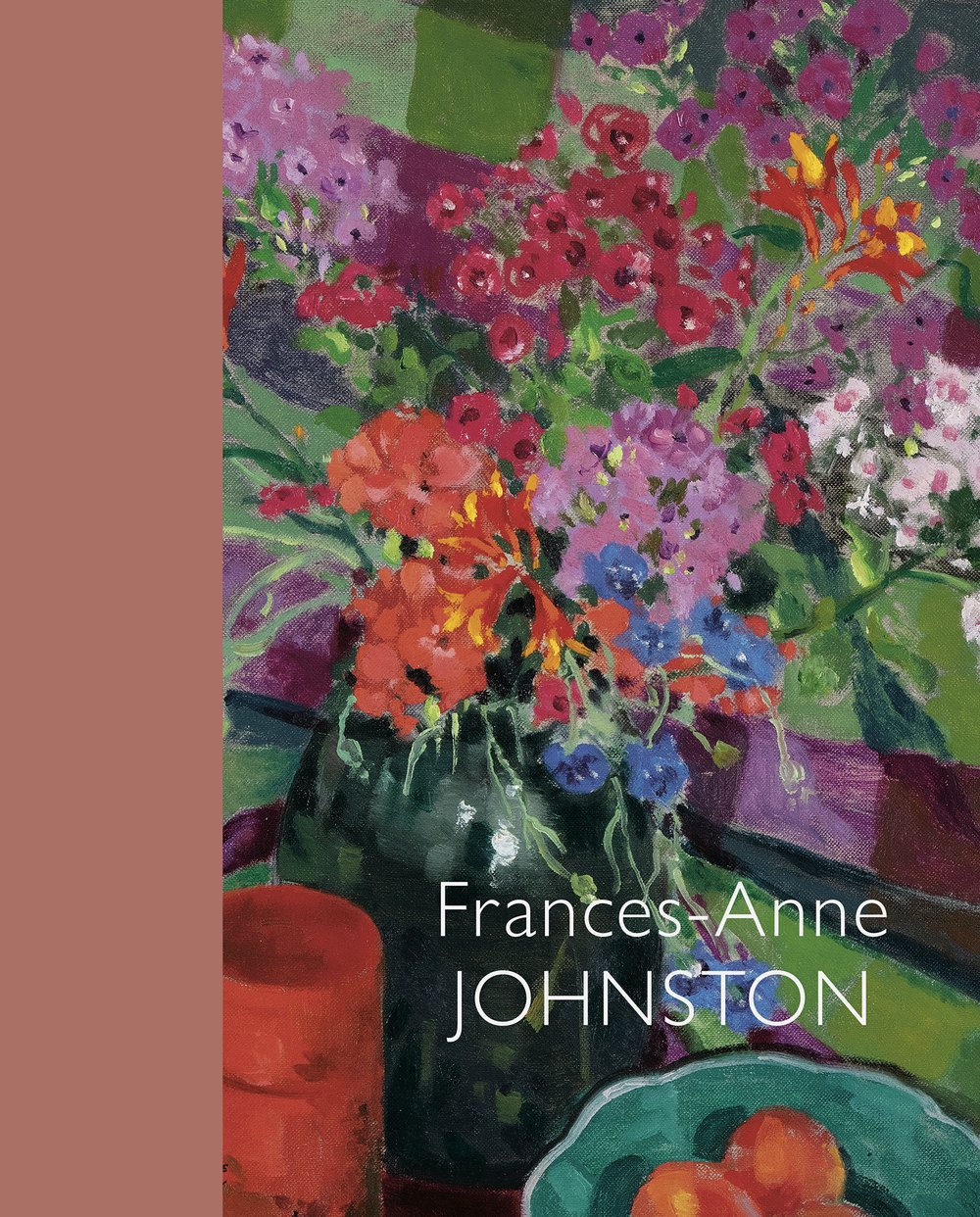Àdisòkàmagan / Nous connaître un peu nous-mêmes / We’ll all become stories
A Survey of Art in the Ottawa-Gatineau Region
With the inauguration of the Ottawa Art Gallery's new building in the fall of 2017, the exhibition Àdisòkàmagan / Nous connaître un peu nous memes / We'll all become stories launches as the definitive showcase of the artistic practices of the Ottawa Valley and the Outaouais region. This gorgeous companion catalogue draws together a broad selection of curators, artists, writers, art historians and community members to generate the most extensive and multilayered exploration of the region's art history and contemporary production to date. We'll all become stories provides an authoritative platform for not only the artistic practices of the national capital region, but also the geography, commerce, institutions and individuals that have shaped this cultural production. The project fills an information gap by addressing the historical and contemporary details of this currently under-researched and under-documented art scene. It captures the ever-changing perspectives of artists by situating the region's visual culture in relation to its multiple histories. While this story certainly considers ideas that have galvanized the area's artists since Confederation, it also explores the substantial artistic contributions of the Indigenous peoples of this region—namely the Anishinābe First Nations—both before and after this colonial marker. As such, the story is told from diverse perspectives, inclusive to the interests and histories of those who are or have been marginalized or hidden from view. Featuring 30 thematic sections written by guest authors as well as the exhibition curators (Rebecca Basciano, Jim Burant, Michelle Gewurtz and Catherine Sinclair), We'll all become stories contains an illustrated chronological timeline and over 150 stunning colour images of works across multiple media including paintings, prints, textiles, photography, fine craft, film, performance and conceptual installations. This bilingual English and French volume offers some Anishinābeg translation and provides a unique lens through which to view the nation's capital in this 150th year since Confederation. A lush and unprecedented tome, it is sure to be treasured by readers across the nation.

